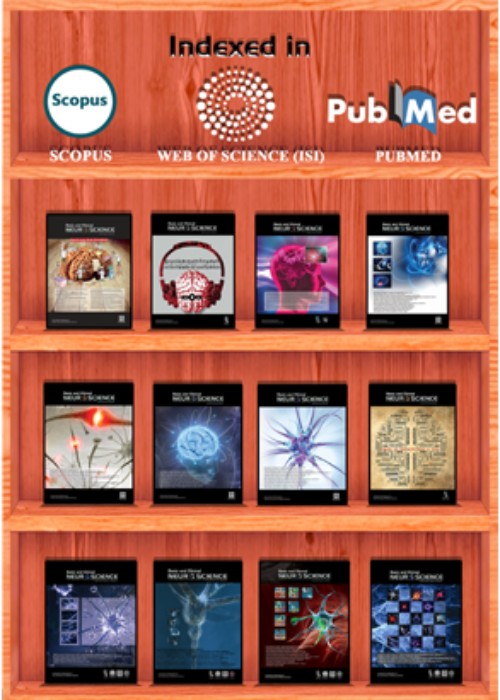Evaluating the Effects of Epigallocatechin-3-Gallate on HIF-1α Protein and RORC Gene Expression in Peripheral Blood Mononuclear Cells in Patients With Multiple Sclerosis
Multiple Sclerosis (MS) is the chronic inflammation of the Central Nervous System (CNS) and autoimmune disease. MS is most widely considered to be mediated by the activation of myelin-specific T CD4+ cells as well as TH1 and TH17 cells. TH17 cells are involved in the pathogenesis of MS in various manners. HIF-1α and RORC are required for the natural differentiation of TH17; they are essential transcription factors for the evolution of TH17 cells. Numerous studies indicated that Epigallocatechin Gallate (EGCG) presents immunomodulatory and anti-inflammatory effects. This study investigated the effects of EGCG on normoxic HIF-1α and RORC2 expression in PBMCs among MS patients.
Peripheral Blood Mononuclear Cells (PBMCs) were isolated from the whole blood of new cases of MS. The cells were cultured in the presence of a different concentration of EGCG (25, 50,100μM) for 18 and 48 hours. Next, HIF-1α and RORC2 level expressions were measured by Enzyme-Linked Immunosorbent Assay (ELISA) and Real-Time PCR, respectively.
The results showed that EGCG significantly decreased RORC2 gene expression. EGCG did not affect the level of HIF-1α.
However, EGCG did not influence the level of HIF-1α. Our present data has led us to conclude that EGCG could be considered as an anti-inflammatory agent may serve as an achievable therapeutic agent for MS.
- حق عضویت دریافتی صرف حمایت از نشریات عضو و نگهداری، تکمیل و توسعه مگیران میشود.
- پرداخت حق اشتراک و دانلود مقالات اجازه بازنشر آن در سایر رسانههای چاپی و دیجیتال را به کاربر نمیدهد.



